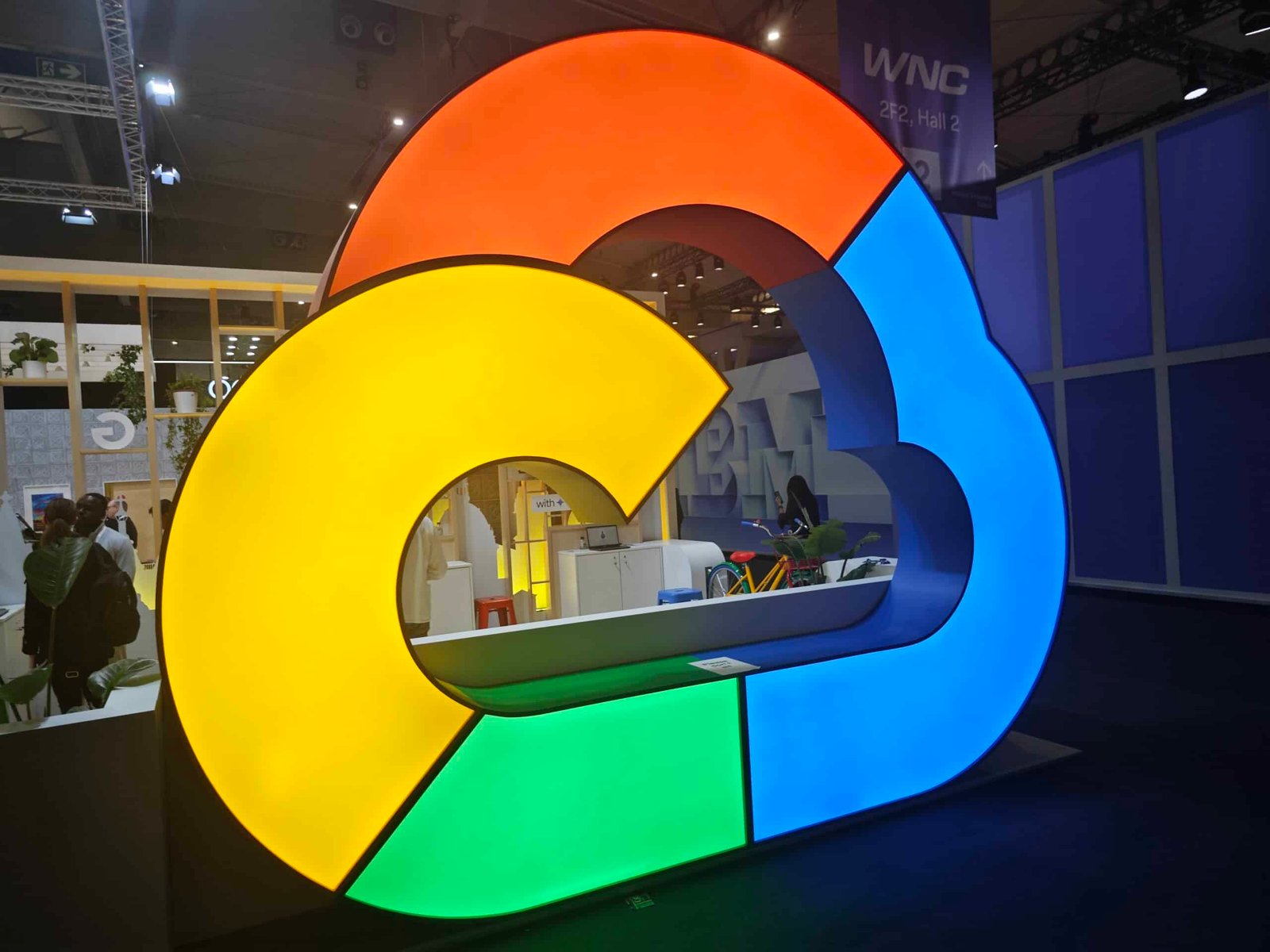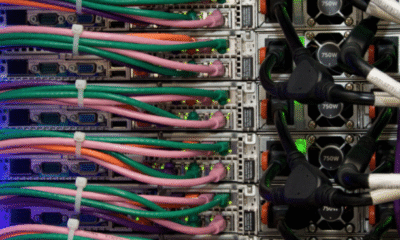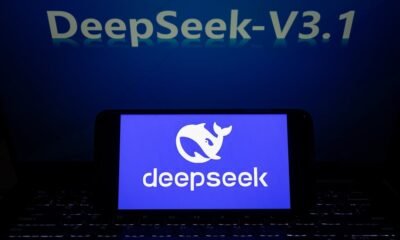NTT DATA and Google Cloud have announced a global partnership to accelerate AI-driven cloud solutions for businesses. The focus will be on agentic AI solutions that will transform industries such as financial services, healthcare, and government.
The partnership combines NTT DATA’s expertise in AI and data engineering with Google Cloud’s analytics and AI technologies. Together, the parties aim to deliver customized solutions based on proven frameworks and best practices.
To ensure the success of the partnership, NTT DATA has established a dedicated Google Cloud Business Group. This group consists of thousands of engineers, architects, and consultants who work closely with Google Cloud teams.
The company is also investing heavily in training and certification. NTT DATA aims to certify 5,000 engineers in Google Cloud technology. This should further strengthen the company’s role as a global leader in cloud transformation.
Industry-specific AI agents
NTT DATA focuses on developing AI agents for different sectors. In financial services, the collaboration should help with regulatory compliance and reporting through NTT DATA’s Regla solutions. These use Google Cloud’s scalable AI infrastructure.
For the hospitality sector, NTT DATA has developed a Virtual Travel Concierge. This AI agent improves the customer experience with 24/7 multilingual support, real-time travel planning, and intelligent recommendations. The system uses Google’s Gemini models and processes more than 3 million conversations per month.
Takumi as an AI framework
At the heart of the innovation strategy is Takumi, NTT DATA’s GenAI framework that guides customers from idea to enterprise-wide implementation. Takumi integrates seamlessly with Google Cloud’s AI stack and enables rapid prototyping and operationalization of GenAI use cases.
This initiative expands NTT DATA’s Smart AI Agent Ecosystem. This ecosystem unites strategic technology partnerships, specialized assets, and an AI-ready talent pool to help customers implement responsible, business-focused AI at scale.
The focus is on four key areas: industry-specific agentic AI solutions, AI-driven cloud modernization, application and security modernization, and sovereign cloud innovations. For the latter, both parties are leveraging Google Distributed Cloud in both offline and online environments.
Both companies are jointly investing in global sales and go-to-market campaigns to accelerate customer adoption in priority sectors. By combining technical expertise with sales and marketing, the parties aim to roll out transformative solutions across global markets efficiently.
Tip: NTT DATA launches agentic AI for customer and employee experience









































